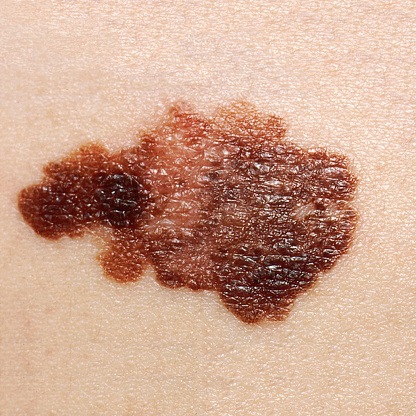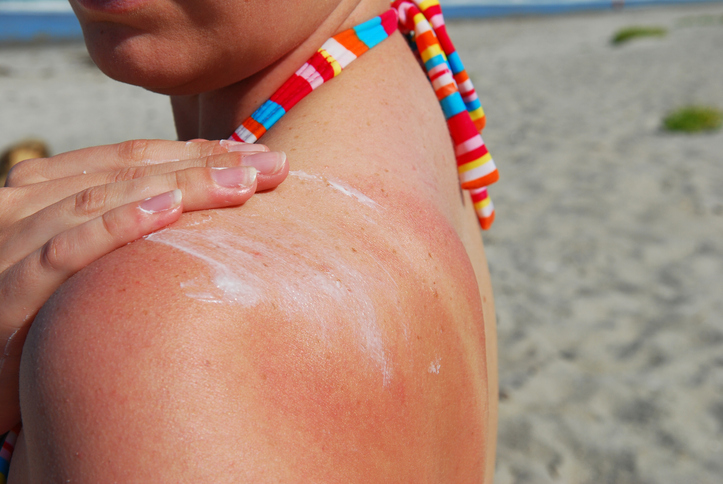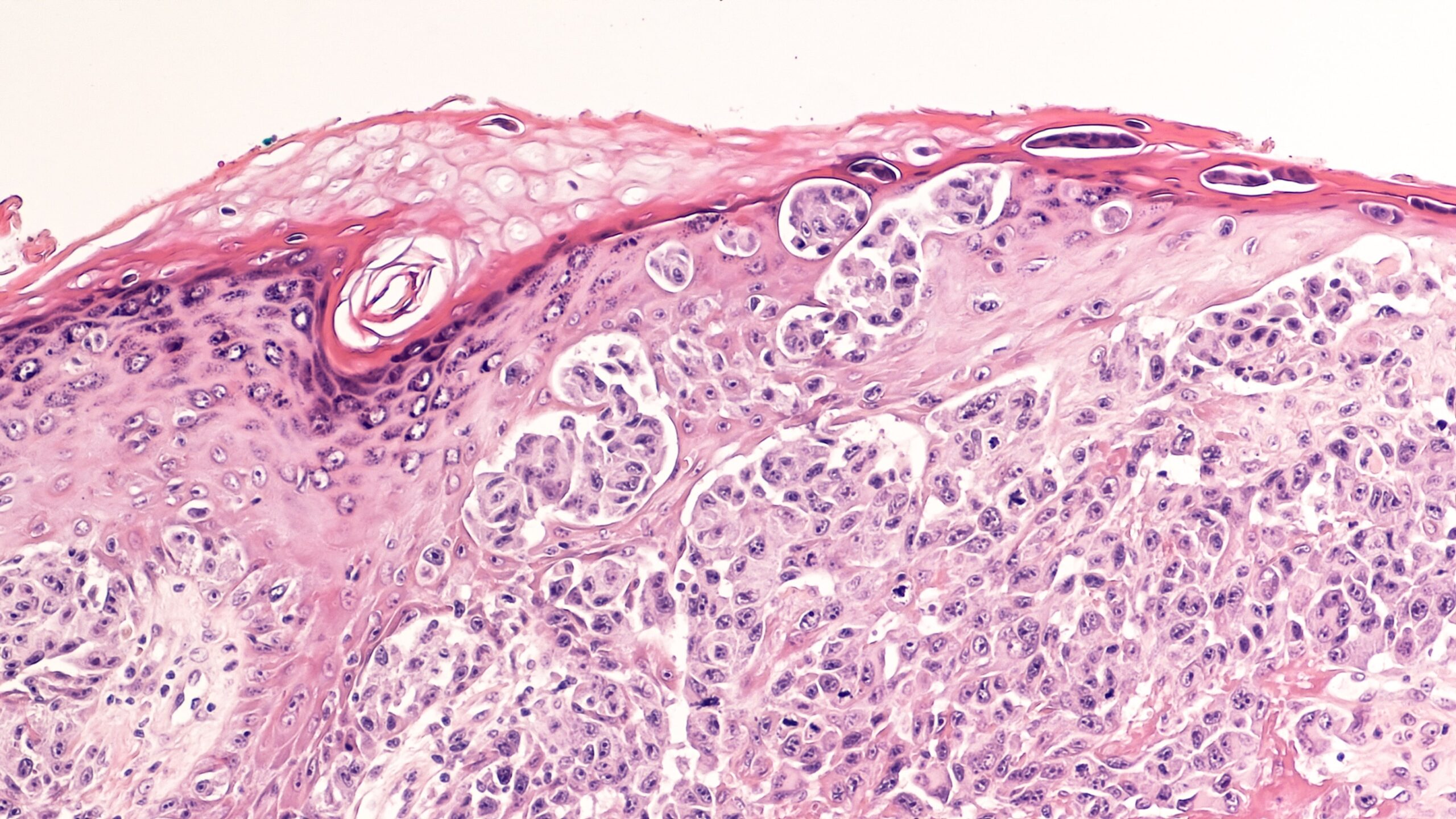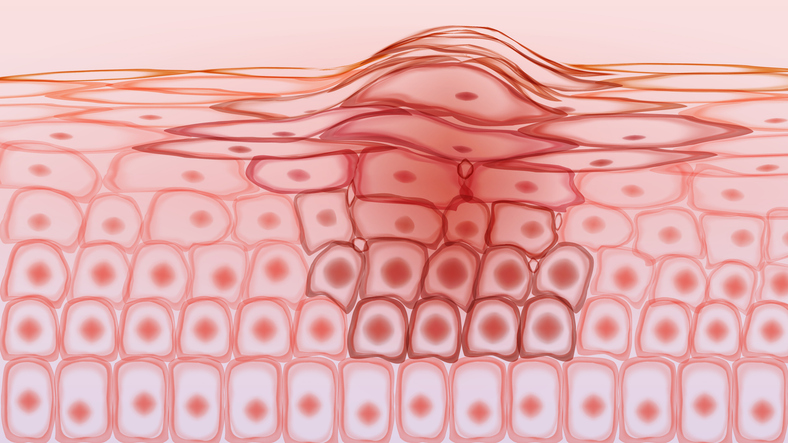
An increased intake of vitamin A has been linked with a decreased risk of developing cutaneous squamous cell carcinoma (CSCC), according to a new study published in JAMA Dermatology.
In this prospective cohort study, researchers evaluated vitamin A intake and carotenoids and CSCC risk in a total of 3,978 SCC cases comprising 75,170 women (mean age, 54) in the Nurses’ Health Study, which was conducted between 1984-2012, and the Health Professionals Follow-up Study, which took place between 1986-2012. The key outcome in this study was defined as incidence of CSCC, which was confirmed by pathology reports. The researchers used cox proportional hazards regression models to assess group-specific hazard ratios (HRs) and 95% Cis. Subsequently, they analyzed pooled HRs of cohort-specific results. The researchers performed data analysis was performed from June 21, 2017, to December 4, 2018.
According to the study results, a higher total vitamin A was correlated with a reduction in CSCC risk; with the pooled multivariate HRs for the increasing quintiles of vitamin A intake were 0.97 (95% CI, 0.87 to 1.07) for quintile 2, 0.97 (95% CI, 0.80-1.17) for quintile 3, 0.93 (95% CI, 0.84-1.03) for quintile 4, and 0.83 (95% CI, 0.75-0.93) for quintile 5 (P < .001 for trend), respectively. Moreover, augmented intakes of retinol and some carotenoids were also linked with a reduction in SCC risk; the pooled HRs for the highest quintiles of intake compared with the lowest quintiles were 0.88 (95% CI, 0.79 to 0.97; P = .001 for trend) for total retinol, 0.86 (95% CI, 0.76 to 0.96; P = .001 for trend) for beta cryptoxanthin, 0.87 (95% CI, 0.78 to 0.96; P < .001 for trend) for lycopene, and 0.89 (95% CI, 0.81 to 0.99; P = .02 for trend) for lutein and zeaxanthin. The researchers noted that the results of the study were generally consistent by gender and other SCC risk factors.
https://twitter.com/drfrankbodnar/status/1157287050342785026
Further Studies Are Needed
“Our study provides another reason to eat lots of fruits and vegetables as part of a healthy diet,” Eunyoung Cho, an associate professor of dermatology and epidemiology at Brown University in a press release. “Skin cancer, including squamous cell carcinoma, is hard to prevent, but this study suggests that eating a healthy diet rich in vitamin A may be a way to reduce your risk, in addition to wearing sunscreen and reducing sun exposure.”
Cho now aims to conduct a clinical trial to examine the efficacy of using vitamin A supplements to prevent CSCC and added that “if a clinical trial cannot be done, then a large-scale prospective study like this is the best alternative for studying diet.”
Higher vitamin A intake linked to lower skin cancer risk https://t.co/6qGdHWCIM2
— Cathie Dunal, MD MPH (@drcathiedunal) August 4, 2019
New post (Higher vitamin A intake linked to lower skin cancer risk) has been published on Oncology News Australia – https://t.co/ttynfuD4R7 pic.twitter.com/4asT0zDjhw
— Oncology News Australia (@OncologyNewsAus) August 5, 2019







 © 2025 Mashup Media, LLC, a Formedics Property. All Rights Reserved.
© 2025 Mashup Media, LLC, a Formedics Property. All Rights Reserved.